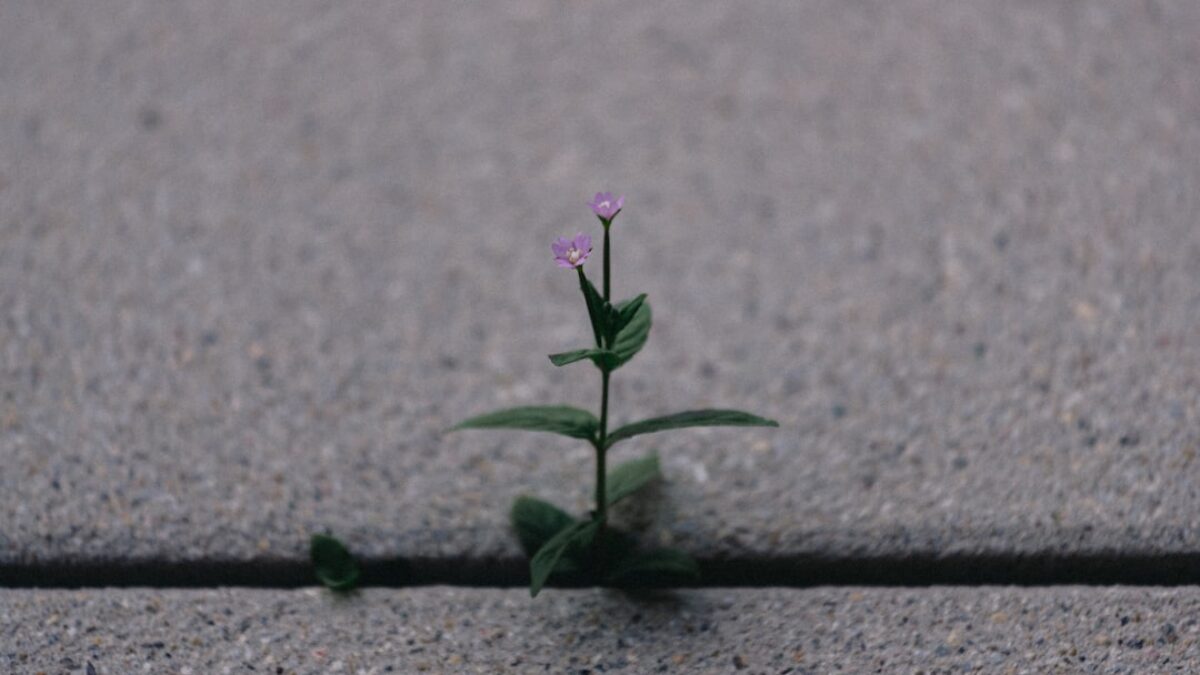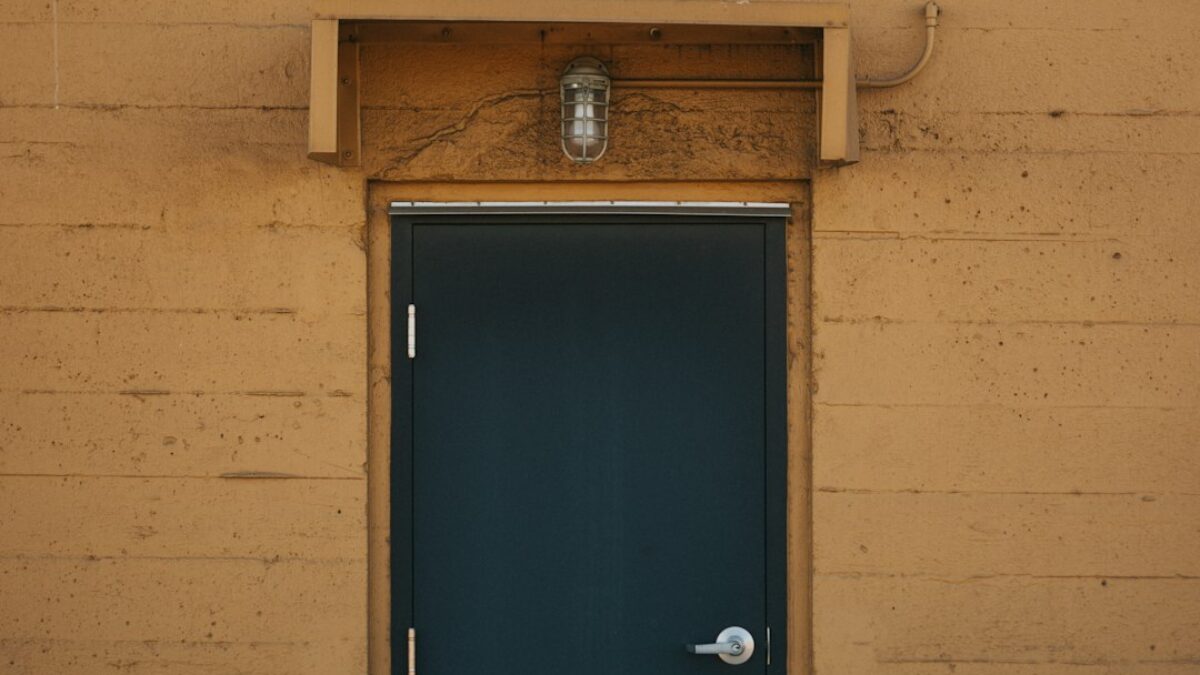Each dawn in the life of a believer is an invitation to draw nearer to Allah. While the five daily prayers establish the rhythm of worship, the quiet moments between them are filled with an ocean of dua—intimate, personal supplications that shape the soul more deeply than any outward ritual. When these invocations are woven into daily habits, they become powerful daily duas for spiritual growth, polishing the heart until it mirrors the light of Divine guidance.
Understanding Daily Duas and Their Role in Spiritual Growth
In the Islamic tradition, dua is not merely “asking for things”; it is the essence of worship as described by the Prophet ﷺ. Every whispered plea, every glorification, every expression of gratitude is a seed planted in the garden of the soul. When these seeds are tended daily, they grow into towering trees whose roots anchor a believer through life’s storms and whose fruits sweeten every breath.
Spiritual growth, therefore, is not an abstract ideal; it is the cumulative effect of small, sincere duas consistently offered. The Qur’an reminds us: “And when My servants ask you concerning Me, indeed I am near. I respond to the invocation of the supplicant when he calls upon Me.” (Surah Al-Baqarah 2:186) This nearness is not metaphorical—through dua, the veils between the Creator and creation become thin, and the heart begins to echo divine attributes such as mercy, patience, and humility.
How Daily Duas Reshape the Inner Landscape
- Conscious Presence (Khushoo’): Reciting a dua mindfully forces the tongue to slow down and the heart to awaken. Over time, this mindfulness spills into every act, turning mundane chores into acts of worship.
- Remembrance (Dhikr) Integration: Short prophetic duas are dhikr in micro-form. A commuter uttering “SubhanAllah wa bihamdih” 100 times on the train is earning the same reward as someone sitting in prayer.
- Identity Formation: Repeatedly asking Allah for taqwa, ‘ilm, and ihsaan programs the subconscious to value these qualities above wealth and status.
Key Components of Effective Daily Duas
Not every string of Arabic words qualifies as a powerful daily dua. Effectiveness lies in three components that the Prophet ﷺ embodied and taught his companions.
1. Sincere Presence of Heart (Qalbin Hādir)
The tongue may articulate eloquent phrases, but if the heart is scrolling social media, the dua floats away like vapor. Imam Ibn al-Qayyim compared the heart in dua to a vessel: if it is overturned, no water can remain inside. Practical ways to bring the heart into the moment include:
- Pausing for three deep breaths before starting.
- Visualizing Allah’s mercy descending upon you.
- Addressing Allah with one of His asmaa al-husna relevant to the request.
2. Prophetic Wording and Etiquette
Allah loves that His servants ask through the sunan al-ad’iyah. These are concise, comprehensive, and carry barakah because they mirror the speech of the best of creation. Examples include:
- Morning and Evening Adhkar—a set of duas that protect from spiritual and physical harm.
- Duas for entering and leaving the home—they transform ordinary thresholds into sacred spaces.
- Travel dua—a miniature sermon on tawakkul (reliance on Allah).
3. Consistency Over Intensity
A single teardrop in daily dua is weightier in the sight of Allah than a flood shed annually on the Night of Qadr. The Prophet ﷺ said: “The most beloved deeds to Allah are those that are consistent, even if they are small.”
| Approach | Risk | Reward |
|---|---|---|
| Occasional Long Dua | Burnout, guilt when skipped | Spiritual highs but shaky foundation |
| Short Daily Dua | Perceived lack of emotion | Steady transformation, habituated remembrance |
Benefits and Importance of Daily Duas for the Soul
Engaging in powerful daily duas is like installing a spiritual operating system upgrade. The changes may be subtle at first, but over weeks and months the believer begins to notice:
1. Purification of Intentions
Repeatedly asking Allah to “make my deeds sincerely for Your sake” reframes every goal. A career pursuit becomes a means of earning halal provision for the family, not egocentric ambition.
2. Emotional Resilience
When the morning adhkar include “HasbunAllahu wa ni‘ma al-wakeel”, the heart stores this phrase as a reflex. A sudden calamity triggers the remembrance before panic sets in.
3. Strengthened Relationship with the Qur’an
Duas derived from the Qur’an (e.g., “Rabbi zidni ‘ilma”) create a feedback loop: the more you recite the dua, the more you crave its context in the Qur’an, which in turn deepens the dua.
4. Community Uplift
Individual spiritual growth is never isolated. A household consistent in morning and evening adhkar radiates tranquility. Children absorb the cadence, and guests experience an atmosphere of sakina (divine peace).
Practical Applications: Daily Duas to Transform Your Soul
Below is a curated daily dua roadmap drawn from the Sunnah. Each entry includes the Arabic text, transliteration, translation, and practical tips for embedding it into everyday life.
Morning & Evening Adhkar: Your Spiritual Firewall
After Fajr and After Maghrib
The Prophet ﷺ said whoever recites the morning and evening supplications is shielded until the next period. Key selections:
Ayat al-Kursi—once after every fard prayer and once after the dawn adhkar.
Practical tip: Pair it with your first sip of water after prayer; let the water cool your throat as the verse cools your heart. Surahs Al-Ikhlas, Al-Falaq, An-Nas—three times each.
Practical tip: Teach toddlers to recite them as lullabies; they grow up associating sleep with divine protection. The Master Supplication: Allahumma anta rabbee, laa ilaaha illaa anta… (The Prophet’s comprehensive dua recorded in Sahih Muslim).
Practical tip: Print it on a laminated card placed on the bathroom mirror; read while brushing teeth—turn wasted minutes into worship.
Movement-Based Duas: Turning Transitions into Worship
Moment Dua Impact on Soul Leaving Home Bismillah, tawakkaltu ‘al Allah… Releases anxiety, affirms reliance on Allah over security systems.
td>Entering Market La ilaaha illAllahu wahdahu laa shareeka lah… 1 million rewards recorded, ego humbled in a space of materialism. Before Sleep Allahumma bismika amootu wa ahyaa… Creates a sense of temporary death and resurrection, softening the heart.
Emotion-Specific Duas: Healing Anger, Anxiety, and Sadness
For Overwhelming Anxiety
Dua: Allahumma inni a‘oodhu bika minal-hammi wal-hazan…
Method: Place right hand over heart, recite seven times while breathing slowly. This dua was taught to Abdullah ibn Mas‘ud as a complete prescription for hamm (worry) and huzn (grief).
For Anger Flashes
Dua: A‘oodhu billahi minash-shaytaan ar-rajeem + change physical posture (sit if standing, lie down if sitting).
Method: Anchor the dua to a tactile cue—e.g., press thumb and middle finger together. The body becomes a prompt for the soul to seek refuge.
For Heartbreak
Dua: HasbunAllahu wa ni‘ma al-wakeel 450x daily (taken from the Prophet’s advice to Abu Bakr during the boycott in Shi‘b Abi Talib).
Method: Use a digital counter app; each tap is a stitch sewing the torn heart.
Weekly Deep-Dive Duas: Ascending the Spiritual Ladder
Once a week, set aside 30 minutes for munajaat—whispered, unstructured conversation with Allah. Begin with these Qur’anic duas, then pour forth your own words:
- Rabbi ishrah lee sadri wa yassir lee amri… (Surah Taha 20:25-28)—for clarity and ease.
- Wa laa tamootunna illaa wa antum muslimoon (Surah Al-Baqarah 2:132)—for steadfastness.
Frequently Asked Questions
What is the Best Time to Recite Morning Adhkar?
The ideal window is after Fajr prayer until sunrise. If sunrise occurs at 6:15 AM, you have roughly 45-60 minutes. However, if overslept, recite them as soon as you remember. Allah rewards intention over punctuality.
Can I Make Personal Duas in My Own Language?
Absolutely. While prophetic duas carry special merit, Allah understands all languages. The etiquette is to begin with praise of Allah and salutations upon the Prophet ﷺ, then speak from the heart. Over time, bridge to Arabic as you memorize.
How Long Before I Notice Spiritual Growth?
According to a study by the Muslim Wellness Foundation, consistent adhkar practitioners report measurable increases in subjective well-being within 21 days. Spiritual growth, however, is non-linear; expect plateaus followed by breakthroughs.
Is There a Limit to How Many Duas I Can Make Daily?
No ceiling exists; the Prophet ﷺ said: “Allah’s bounty is vast.” Balance is key—avoid parroting duas so fast that the tongue tires and the heart disengages. Quality with quantity is the sunnah.
Can Women Recite Adhkar During Menstruation?
Yes, absolutely. While ritual prayer is paused, dhikr and dua remain open channels. Think of menstruation as a time to deepen non-physical worship—perfect for journaling reflections on the morning and evening duas.
What If I Miss a Day?
Do not binge-recite to “catch up.” Instead, perform a brief tawbah dua and resume the next slot. Allah loves the servant who falls and rises again more than the one who never fell.
How Do I Teach Children These Duas?
Turn
























Post Comment